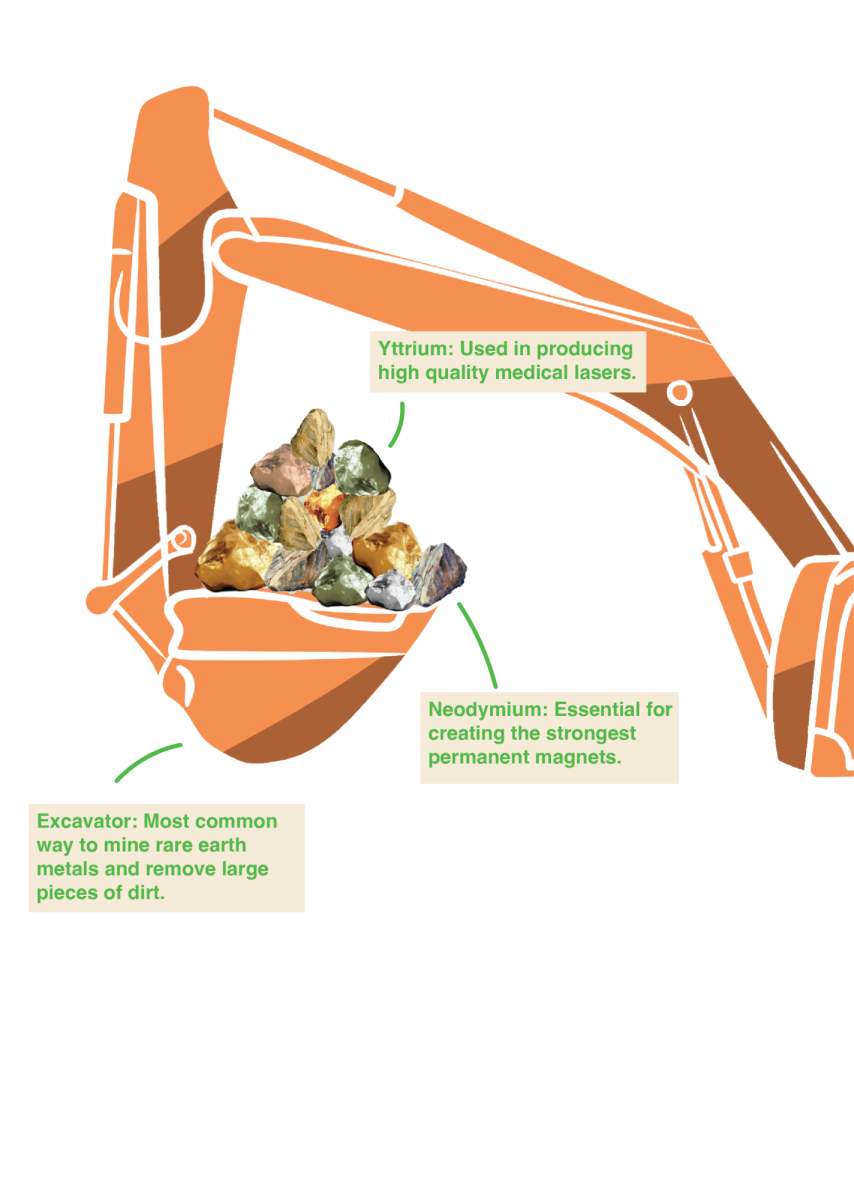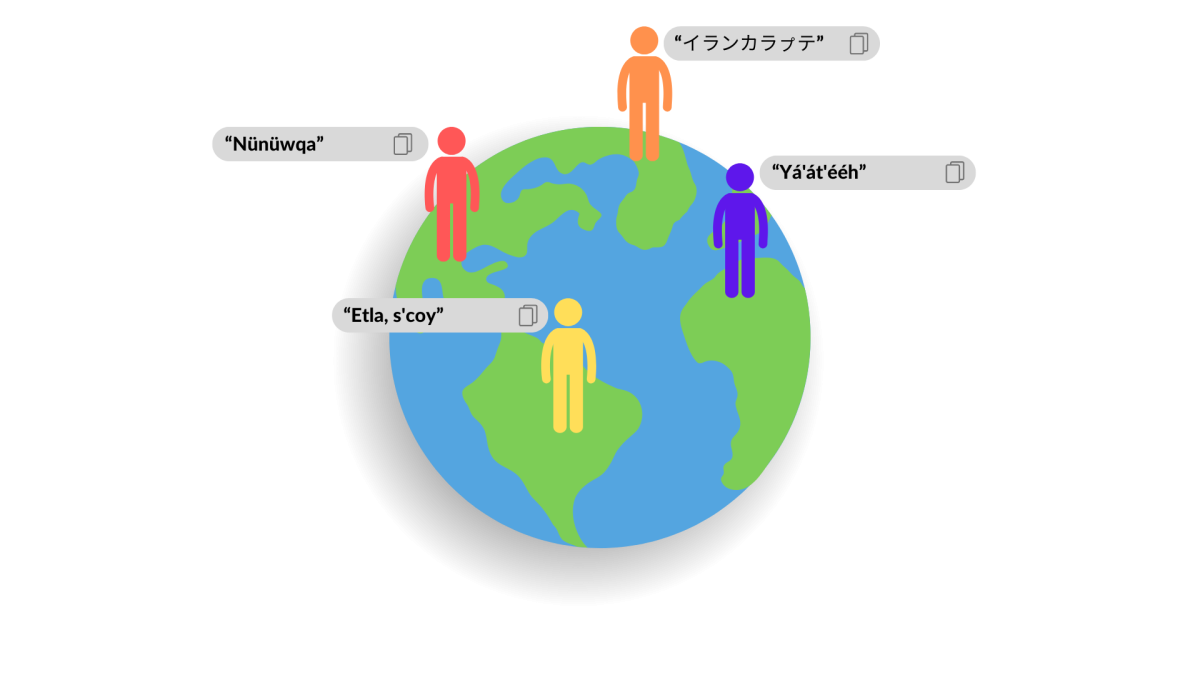Upgrading to the latest iPhone annually is an essential part of upholding the Apple lifestyle. The device is enabled by the fastest chip, 48 MP fusion camera with second generation quad pixel sensor, cutting edge AI capabilities and the launch of multiple vibrant bold colors — everything an Apple user could possibly want.
While Apple engineers are constantly developing the latest technology for many of their users, they depend on essential rare earth metals that have a detrimental effect on much of our planet. A standard iPhone contains numerous rare earth metals — yttrium, cerium, praseodymium and more. These metals are often unrecyclable and wasted on a single device.
Rare earth metals are a set of seventeen metallic elements that play an essential role in many everyday devices. Rare earth metals are actually abundant throughout the world, yet are incredibly challenging to retrieve in high concentrations.
Metals are extracted from earth’s mantle and incorporated into many electronics, magnets, lasers and phones. The importance of rare earth metals is understated as they are essential for the connectivity of devices.
“Your circuits need to be able to quickly talk to each other,” computer science teacher Susan Frederick said. “The better the connectivity, the more quickly you’re going to get an answer.”
While metals are crucial for electronics, the process of mining poses a severe threat to human lives. In fact, industrial mining within the Democratic Republic of Congo has led to the infringement of several human rights.
“We must make sure to fully estimate and understand the impact that it has on the … people that have to work in the mines themselves,” biology teacher Bryan Moretz said. “We just have to be mindful that we’re being smart about how we mine it from an environmental and ecological standpoint, but also a human standpoint.”
The accessibility of each metal changes frequently depending on human consumption.
“A lot of metals and materials go up and down a little bit like the stock market in terms of their value,” University of Georgia geology professor Paul A. Schroeder said. “For example, lithium is in high demand right now. But there are barriers, both environmentally and economically and from an engineering point
of view to have supply meet demand. Some are more easily extractable and some are more difficult.”
Due to the metals’ prevalence in everyday items, countries feel pressure to maintain diplomatic ties. Otherwise, foreign countries could completely cut off their supply chain and escalate existing conflicts.
“In the United States, most of the supply chain for rare earth elements comes from China,” Schroeder said. “There’s potential consequences to national security and the supplies we need to maintain our products.”
It is common for consumers to continually replace their older technology with more modern ones. Through the iPhone Upgrade Program, Apple customers such as Moretz are eligible to upgrade to a new iPhone annually. These phones are then either resold or recycled entirely.
Large corporations have the ability to preserve and recycle these essential components.
“I think it’s a company’s responsibility to be more mindful of the sources of materials that they’re using and how they’re creating those devices,” Moretz said. “As a consumer, I’m not the one designing the phone to have certain rare metals in them. I think there are other substances that could probably be used more effectively, but it’s up to the company … to develop a plan to handle those rare earth metals.”
Because the supplies of rare earth metals are depleting, the process companies utilize to replace harder-to-find components will continue to evolve over time.
“There’s always going to be that technology driving force,” Schroeder said. “There will always be a demand for natural resources … the use of these materials and that’s really what’s going to change.”
Sooner or later, the extraction of these metals will be incredibly difficult for human development. Large corporations must work together to limit their impact on the environment and find a way to go green.














